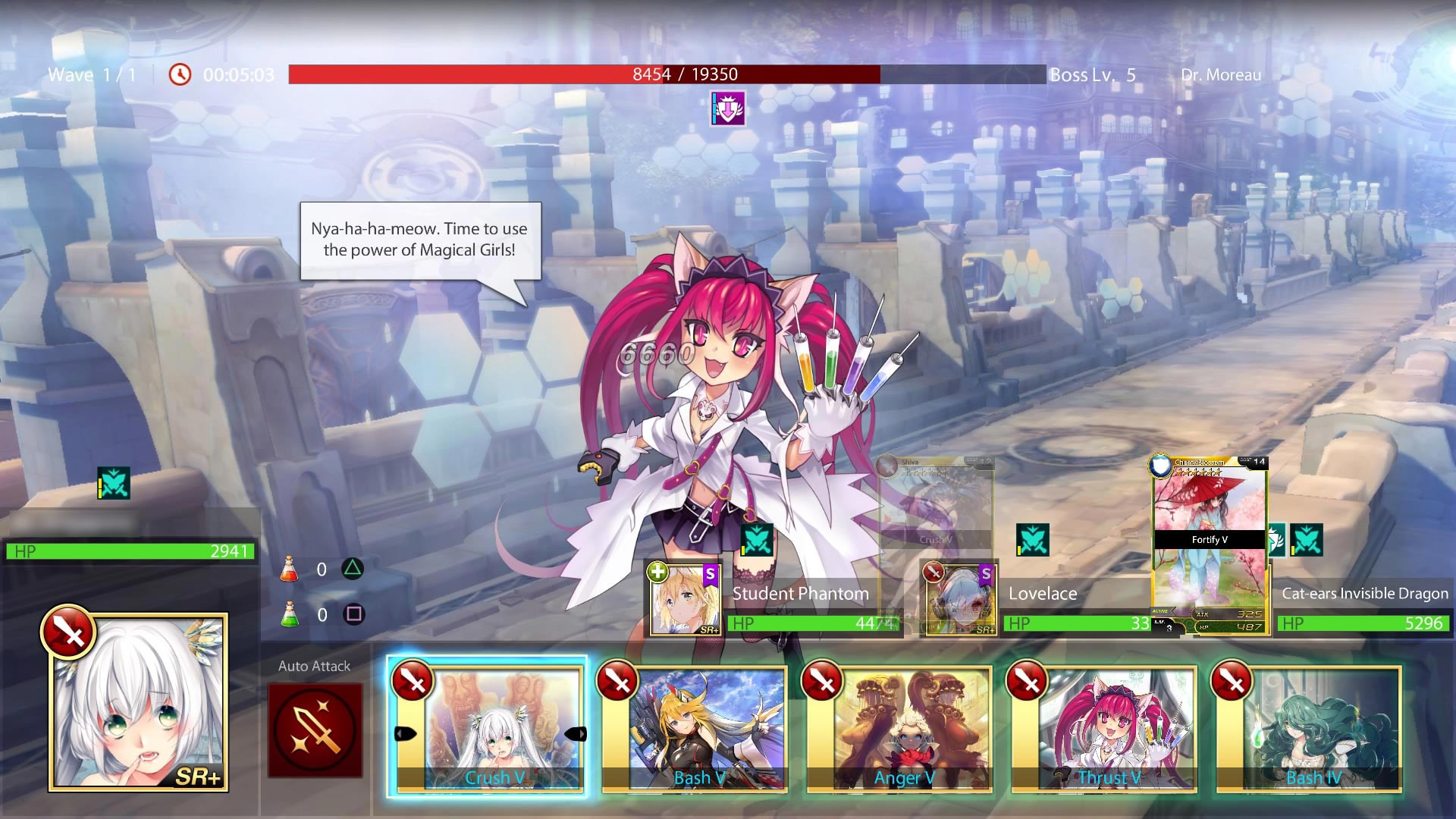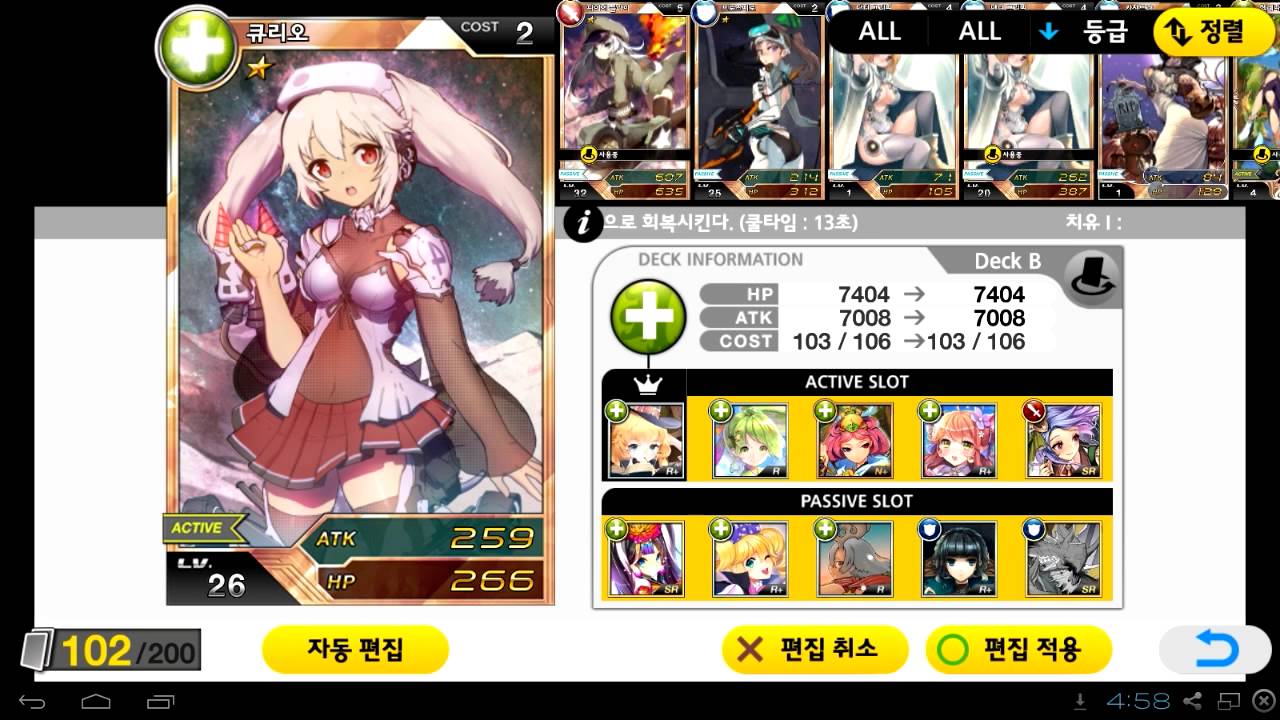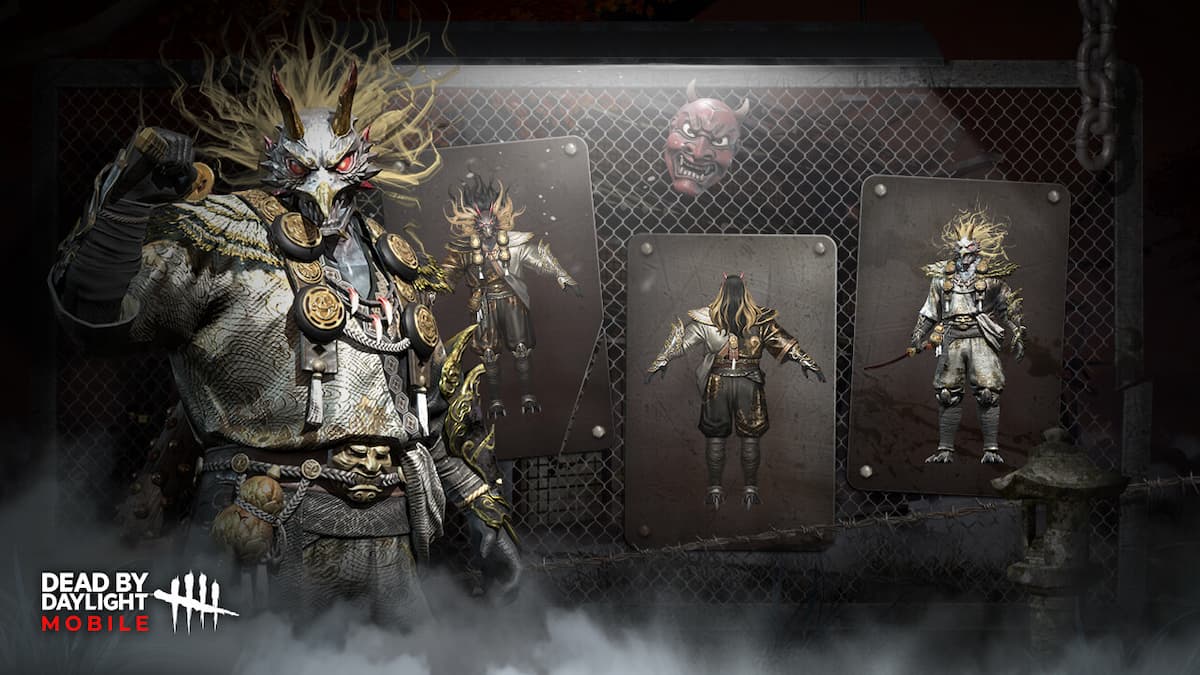Already a huge hit overseas, Qurare: Magic Library has recently launched on consoles nationwide. And for people looking for a free-to-play hybrid-RPG-and-card-collecting-and-deck-building game, it’s just what the doctor ordered.
That said, the game itself can be a bit, uh, intimidating. The tutorials don’t really do the best job of teaching you how to build a great Qurare deck, so we figured we’d step in and pick up the slack. Read on for some key Qurare deck-building tips and tricks!
The Mini-Game Phase
In order to build your deck and power up, you’re going to want to pay attention to the endless-runner-style minigames in Qurare. As a general note, jumping is a bit laggy and imprecise, so be careful when trying to avoid obstacles that way. Besides that, try to prioritize the treasure chests (they contain codex fragments that can be collected to unlock new cards) and the little droplets that appear. In most cases, if you collect all but like, one or two of the drops, you’ll max out your fever meter and have a chance to collect a ton of coins and XP. You will have to commit to this early, however, since the fever meter resets after every encounter, so you can’t bank your fever meter. If you don’t max it out during the endless runner phase, all your hard work will be for nothing.
Also, be sure to take the time to set your deck during this phase. You have three decks to customize — one focused on offense, one focused on defense, and one focused on support and healing. Depending on your HP, your Fellows, and the specific encounter that is coming up, switching up your decks is vital for success.
Lastly, be aware that hitting obstacles in this phase doesn’t just slow you down and limit your movement, it depletes your HP too. If you’ve taken too many hits, you’re going to have a lot of trouble in the actual battle. When you slip up, make sure to collect the health pickups strewn around the play area to make sure you’re not starting your battles at a deficit.
Building Your Deck
In Qurare, your character’s power comes from the decks you build. You’ll start with a paltry few cards, but as you play through the story mode, log in every day, shop, and combine cards, you’ll end up with more codices than you know what to do with.
Each card has a cost, which is usually proportional to how powerful the card is. Each of your decks has a cost cap, presumably to prevent overpowered decks that would overload opponents with tons of super rare cards. In addition, each card has either an active or a passive ability. Active abilities range from special attacks to protection spells, healing spells, and even attack buffs or debuffs. Passive abilities generally up your own statistics, or disrupt your opponent’s statistics.
The attack and HP stats of all of your cards will be added together to give your deck an overall attack power and hit point pool, so be sure to make note of those statistics as well as the cards’ abilities.
You’ll also be able to pick a deck “leader”, who must be the same type as the deck you’re currently building– either focused on offense, defense, or support and healing. The leader can either have a passive or an active ability, it doesn’t matter. What does matter, however, are the abilities you choose while building your Qurare decks.
As a general rule, in terms of active abilities in your offensive deck, you’ll want 2 attack abilities, 1 buffing ability, and 1 debuffing ability. In your defensive deck, you’ll still want 2 attack abilities, but depending on your playstyle, you’ll want to switch out one (or both) of the buffs and debuffs for protection or disruption focused abilities. For your support and healing deck, the same rules apply, except you’ll be switching in healing abilities.
Since you generally won’t be fighting alone, don’t worry if your deck doesn’t seem to include necessary elements — just be sure that your co-op partners or Fellows can pick up the slack. Above all, you really will want 2 attack cards in every deck, since the auto-attack your character performs is usually pretty weak. Those attack cards will really help boost your DPS and help you clear encounters as quickly as possible.
Once you’ve chosen your active abilities, you’ll probably have a clearer picture of how you want to arrange your passive abilities so that they best support your deck’s strategy. Personally, I like to build very specific decks, focusing my passive abilities either completely on boosting DPS, reducing damage, or increasing HP/boosting healing depending on which deck I choose. That said, if you’re often playing alone or without Fellows, it might be a good idea to focus your passive abilities on trying to hide or overcome some of the weaknesses of your deck. It’s a situational thing most of the time, and in order to be successful building decks in Qurare, you’ll have to be comfortable with switching your cards around very often depending on who else you’re playing with and what you expect to be facing.
In the early goings, it’s also advisable to switch up your cards often and learn what they do by using them. Many more common cards are much more useful than you’d end up thinking, and it’s often hard to see exactly how they play into your deck without actually trying them out firsthand. That said, there will be plenty of cards that you simply won’t want. Feel free to either sell those for coins, use them to upgrade other cards, or combine them into a card that (hopefully) isn’t quite as bad.
Once you get to grips with the cards and abilities, things will start to fall into place from there, and you’ll be able to customize a deck that works for you. It appears right now as if there is a whole lot of freedom to create viable decks that work in different ways, so experiment! If you stick to the suggestions in this guide, you should be fine.
Do you have any other tips and tricks for Qurare? Let us know in the comments, and we’ll see you around the library!








Published: Sep 7, 2016 09:25 am